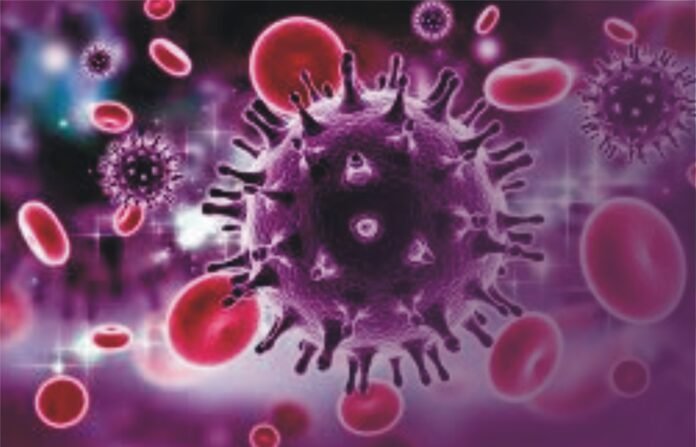Climate change threatens decades of HIV/AIDS progress as it accelerates. Recent floods in East Africa and heatwaves in the North Atlantic demonstrate the critical link between climate vulnerability and public health.
Climate-induced crop failures and food poverty push vulnerable populations in East Africa, where agriculture is vital, to make difficult decisions. Many desperate for money and food turn to hazardous behaviours like transactional sex, which increases HIV transmission risk. Malnutrition also impairs immune systems, worsening HIV/AIDS symptoms.
Climate-induced migration hinders HIV/AIDS prevention and treatment, particularly in sub-Saharan Africa, the world’s HIV/AIDS epicenter. By 2050, 86 million individuals may be displaced, making HIV testing, medication adherence, and continuity of care difficult. Punishing laws and social stigmas further marginalise displaced people, denying them lifesaving supplies.
African countries suffer the most from climate change despite contributing little to global carbon emissions. Insufficient climate adaptation funds leave health systems unprepared to fight HIV/AIDS. Global funding for AIDS prevention is plateauing, making sustainable financial options essential.
Climate change and HIV/AIDS require quick action and worldwide unity. Stakeholders must prioritise integrated climate-smart healthcare systems before COP29 and the Global Fund’s 8th replenishment. We must work together to address climate change and HIV/AIDS to ensure a healthier and more resilient future.



